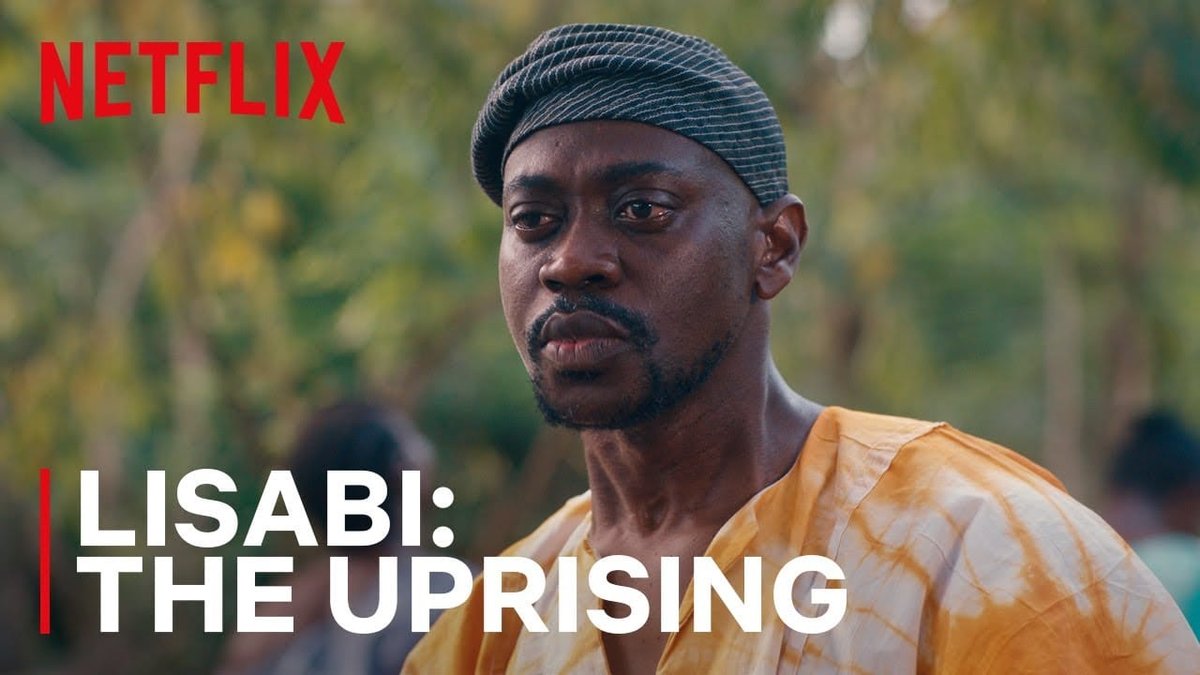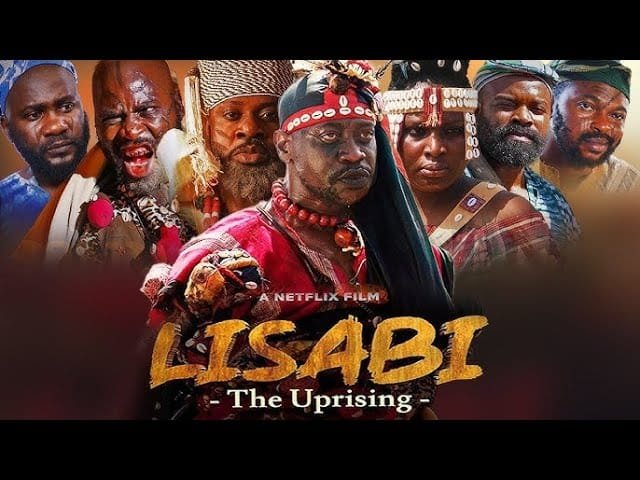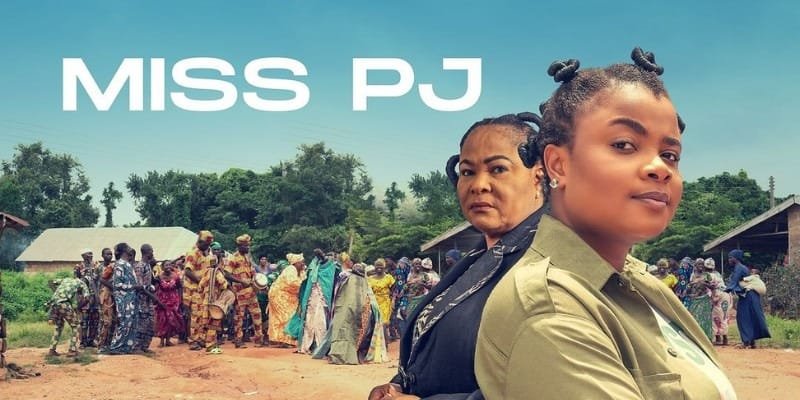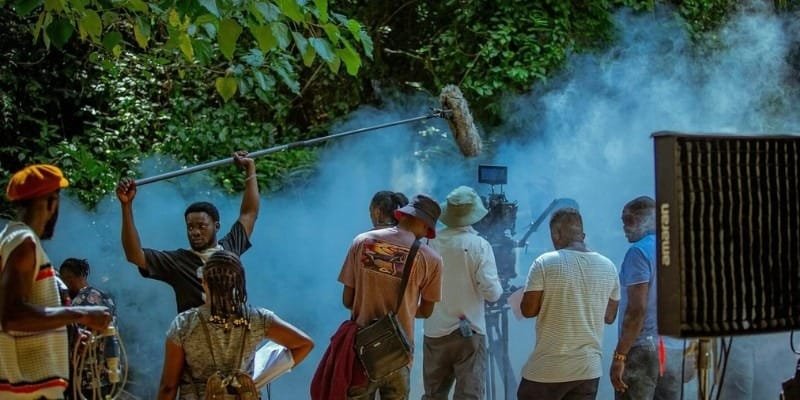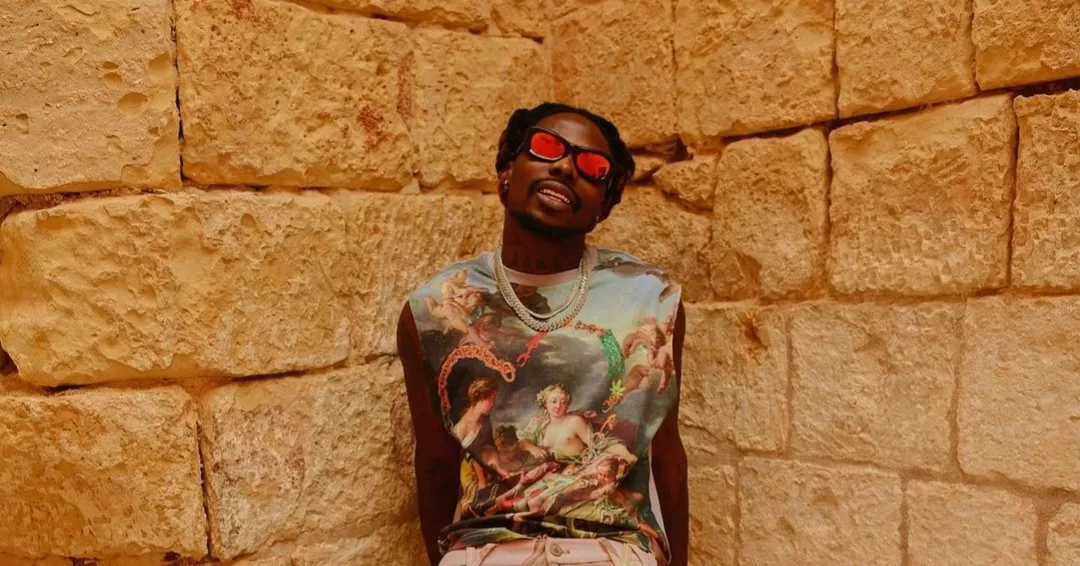The Oyo Empire controlled numerous towns and villages, maintaining its power through a network of tribute collectors. However, the death of a friend and the endless torture of the Egba people sparked an uprising. Lisabi: The Uprising, a historical drama based on true-life events directed by Niyi Akinmolayan, premiered on Netflix in September 2024.
Plot
The scene begins with what seems to be a welcoming ceremony; however, a beaten man is forcibly brought into the palace, where the Alaafin’s council and subjects await. The Alaafin of Oyo enters following a bloodbath and poses a pointed question: “Did you really say those things?” This prompts a flashback to Olódán, revealing that the beaten man is the king of Olódán.
The flashback shows a routine tribute collection; the king refused to comply, challenging and insulting the Alaafin. Confronted in the royal chamber, he stood firm, refusing to retract his statements or apologise for the disrespect shown to the king.
As the Alaafin and his council deliberate, he strips the tribute collectors’ general of his duties, appointing the notorious and fearsome Songodeyi in his place. In a swift act of retribution, the Alaafin executes the former collector for failing to fulfil his responsibilities properly.
The general and his men conducted tribute collections in various villages, particularly in Egba, Lisabi’s hometown. Lisabi Agbongbo Akala was a diligent farmer and a friend of Osokenu and Abebi. During this process, they not only collected tributes but also violated the villagers, including defiling Lisabi’s daughter. The situation escalated when the Oyo tribute collector interrupted the marriage ceremony of Sokenu and Abebi, raping Abebi in the process. Enraged, Osokenu sought revenge but was ambushed, beaten, and shot by the tribute collectors. Devastated by the events, Abebi ultimately took her own life.
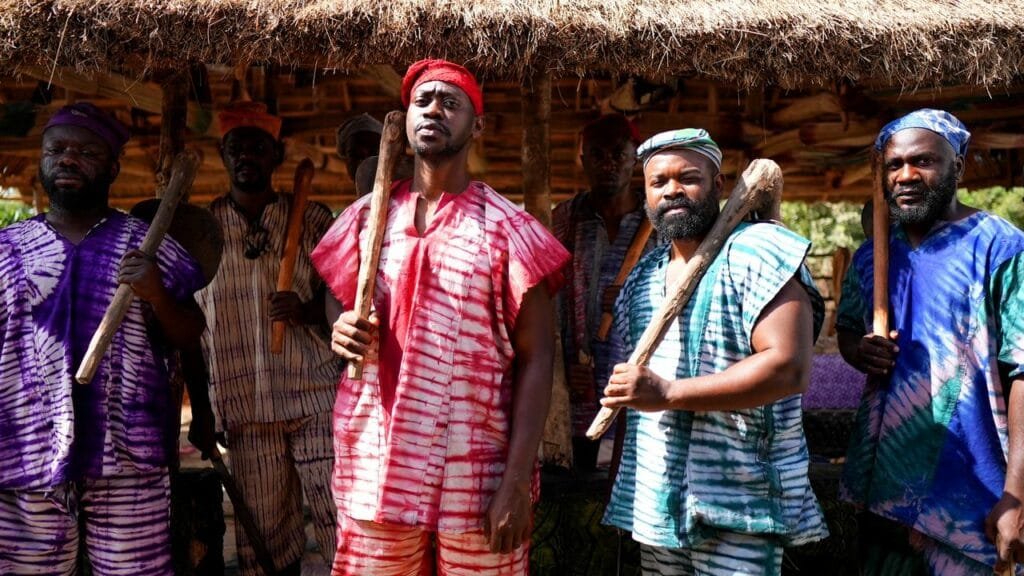
The Alaafin, on the other hand, not only forcibly took tributes from the people but was also a slave master. This was exemplified in a scene where white men supplied guns and set up scarecrows as targets. The Alaafin, however, insisted that slaves be used instead as targets for practice. Simultaneously, in Egba, a meeting was led by Lisabi. He proposed that the mistreatment they faced stemmed from their insufficient agricultural output to the tax collectors. Consequently, the community agreed to collaborate and work on each other’s farms to enhance their production. This development surprised viewers, as it was a twist, especially following the deaths of Lisabi’s close friends, and ultimately fostered unity and growth among the people of Egba.
However, the elders of Egba were uncomfortable with this situation, and the king ordered the disbanding of the team. Throughout these developments, Lisabi continued to assert that it was not yet his turn to have the team work on his farm, raising questions among his peers. However, one night, it became apparent that Lisabi had been engaging in different activities on his farm and now claimed that “his turn has come.” He urged his team to make a covenant to fight battles together and pledged that they would not betray one another. Lisabi then summoned four creatures invisible to ordinary eyes—Jogbo, Akilakpa, Alabalase, and Eye—to prepare them for battle. He subsequently selected additional warriors, who became formidable and nearly invincible as the creatures transferred their powers to them.
As preparations for battle unfold, what fate awaits the Oyo tribute collectors? What happened to Songodeyi? How do the Egba people fare in the aftermath?
Cast
The cast of ‘Lisabi: The Uprising’, while delivering their performances as expected, felt somewhat recycled, which detracted from the film’s authenticity. It appeared that the directors prioritised the inclusion of well-known actors, leading to instances where their presence seemed unnecessary. The same level of performance could have been achieved with fresh faces. Notable actors in the film included Adedimeji Abdullateef Adetola, Oyebade Adebimpe, Odunlade Adeola, Ibrahim Chatta, Ibrahim Yekini (Mr. Macaroni), Roseline Afije (Liquorose), Efe Irele, Jide Awobona, Femi Adebayo, and Gabriel Afolayan, among others.
Language
Lisabi: The Uprising is a typical Yoruba film, conveyed through its dialogue, songs, incantations, and panegyrics. The use of the Egba accent by the actors notably enhanced the authenticity of their performances, although the fluency was inconsistent in some scenes.
Final take
Lisabi: The Uprising portrays the true story of Lisabi Agbongbo-Akala and the Egba people’s struggle against the powerful Oyo Empire in the 18th century, emphasising how bravery and unity can secure independence.
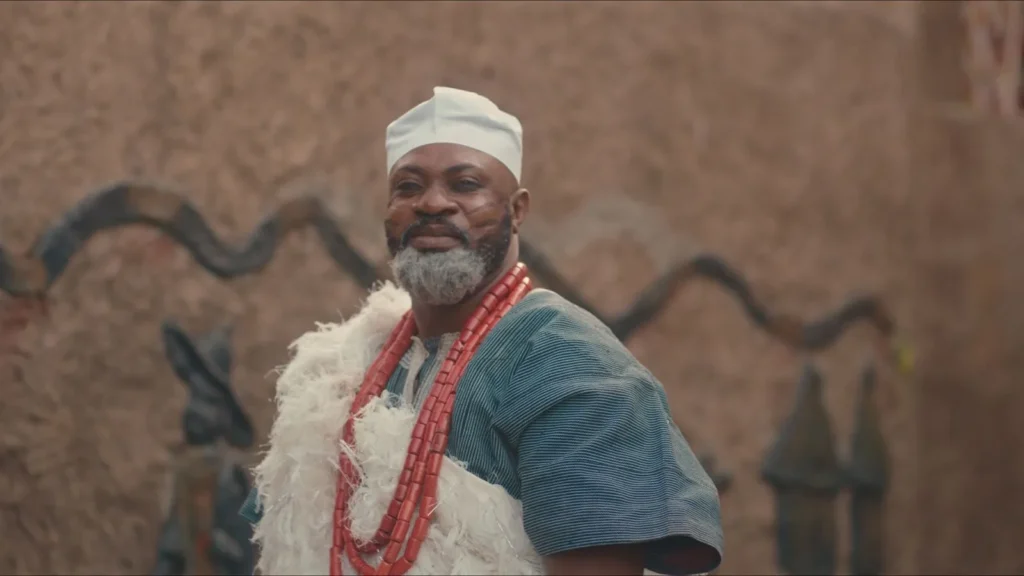
The film, like many history-based works, showcases a rich cultural display, lavishly expressing Yoruba traditions. The costumes, featuring Adire, Asoke, Ankara, and others, were commendable. Additionally, the subtle inclusion of a camel added an extra layer of authenticity to the setting. While the colour correction was well-suited to the film’s theme, the computer-generated imagery (VFX) fell short in some scenes, particularly regarding the creatures and the beheading of Songodeyi.
Although Lisabi: The Uprising is a biopic, it could have been more engaging. The film lacked suspense and gripping moments, with the exception of Osokenu’s death and the battle between Lisabi and Songodeyi. Surprisingly, the character of Lisabi, the central figure, does not receive significant focus until the end, when he abruptly transforms into a powerful leader. The film leaves viewers questioning how he evolved from a farmer to someone with such extraordinary abilities. Hopefully, a sequel will provide more insight into this transition.







